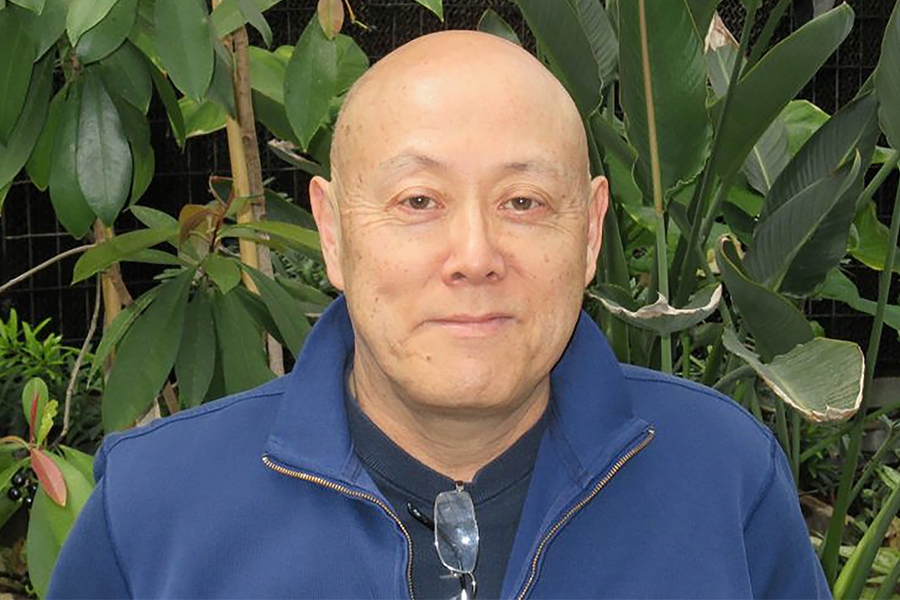
NORMAN, OKLA. – Gordon Uno, a plant biologist from the University of Oklahoma, was recently named a program director for the National Science Foundation Division of Undergraduate Education, Directorate for STEM Education.
As a program officer, Uno will help coordinate the review panels for NSF funding proposals. These panels, comprised of experts from across the United States, rank each proposal and determine how much, if any, funding it receives from the NSF.
“In this role, I have the honor of informing the researchers who have been awarded an NSF grant,” he said. “But that also means that I inform those who don’t receive funding and provide them with tips on improving their proposals in the future.”
This isn’t the first time Uno has served as an NSF program director. He worked in this same capacity from 1998 to 2000. This time around, however, he will be splitting his time between Norman and Washington, D.C., and hopes to contribute to national conversations about science education.
“I’m really looking forward to participating in meetings organized by the National Academies of Science and other agencies,” he said. “Being in Washington, D.C., is really interesting because you get to be involved with other individuals who are also concerned about matters at a national level.”
In addition to this position, Uno and collaborators from Arizona State University and a science group called SENCER have also been awarded a grant from the National Science Foundation to roll out a new model of science literacy that he and others developed. They will do so at a 2025 meeting hosted at the National Academy of Sciences.
“While planning this small meeting, we realized that a larger summit is needed to address how the science education ecosystem can deal with misinformation and disinformation, anti-science sentiment, and the lack of critical thinking and understanding about how science actually works,” he said. “We also need to see what gaps in education exist. Artificial intelligence is one example of this. It’s been unleashed so quickly, and students use it, but faculty don’t know how to rein it in.”
Although no official plans have been finalized for a National Summit on Undergraduate Science Education in the U.S., Uno has received interest from individuals at the National Academy of Science and the American Association for the Advancement of Sciences.
“We want to figure out how to move this issue forward as a group and how to be more proactive about issues that impact science classrooms,” he said. “After 40 years of teaching at the local and regional level, I’m excited to focus on big issues at the national level.”
About the University of Oklahoma
Founded in 1890, the University of Oklahoma is a public research university located in Norman, Oklahoma. As the state’s flagship university, OU serves the educational, cultural, economic and health care needs of the state, region and nation. OU was named the state’s highest-ranking university in U.S. News & World Report’s most recent Best Colleges list. For more information about the university, visit ou.edu.
Stefano Tarantini, an assistant professor in the Department of Neurosurgery at the University of Oklahoma College of Medicine, spends his days in the laboratory searching for answers to the cognitive decline that too often plagues older adults.
Researchers at the University of Oklahoma have developed new hybrid materials that challenge conventional thinking about how light-emitting compounds work and could advance the field of fast radiation detection.
The University of Oklahoma honored the legacy of the late Berrien Moore III, who served as dean of the College of Atmospheric and Geographic Sciences and director of the National Weather Center from 2010 until his passing in December 2024, with a dedication ceremony for the Oklahoma Weather Lab (OWL) broadcast space at the National Weather Center.